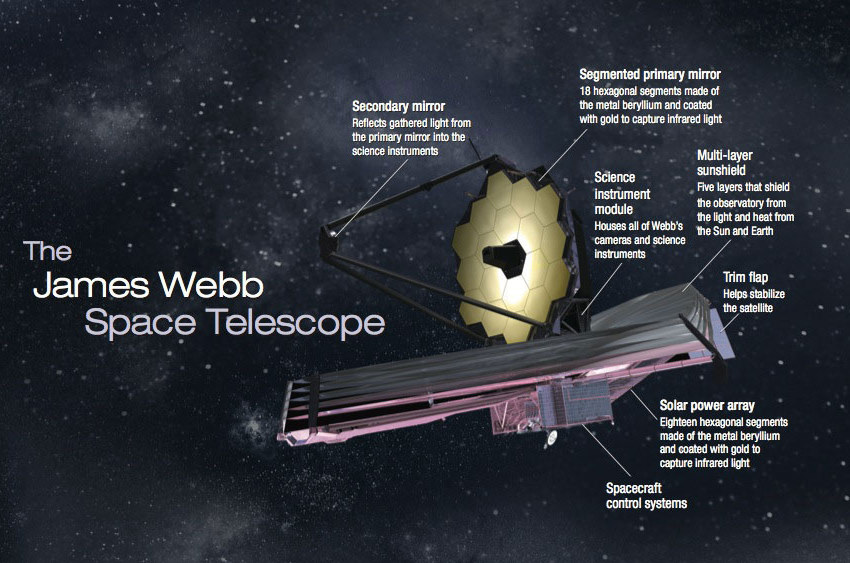 |
|
Astrophysical and Planetary Sciences Colloquium
Monday, May 02, 2016 at 4:00 PM JILA Auditorium Jason Kalirai, Space Telescope Science Institute "Frontier Science with the James Webb Space Telescope"  Abstract:The James Webb Space Telescope (JWST) will be the most powerful space telescope that astronomers have ever constructed, and it is a critical step towards answering the top science questions outlined in the Astronomy & Astrophysics 2010 and 2020 Decadal Surveys. The start of 2016 marks the 1.5 year countdown to the JWST Cycle 1 Call for Proposals; the conversation is now changing from development progress to science planning. In this presentation, I will describe the plans for creating a community defined zero proprietary time "Early Release Science Program" for JWST, for releasing an innovative 3D Exposure Time Calculator, for developing simulators to predict JWST imaging and spectroscopic performance, and for organizing future workshops and science meetings to plan collaborative programs and learn how to reduce JWST data. The talk will also include a summary of the current status of the JWST project and a few of the fundamental science cases that are uniquely enabled by JWST's unprecedented sensitivity (10 minute exposures will detect M dwarfs with V = 30 at S/N = 5) and superb resolution (diffraction limited at 2, 4, and 7+ microns). These include core science drivers such as the measurement of the first galaxies in the Universe and the tracing of galaxy growth through our cosmic history, as well as the first high-resolution exquisite spectroscopic characterization of dense environments in the Milky Way galaxy. I will also discuss entirely new scientific frontiers with JWST, such as the potential to characterize the atmospheres of nearby habitable zone rocky exoplanets.
|